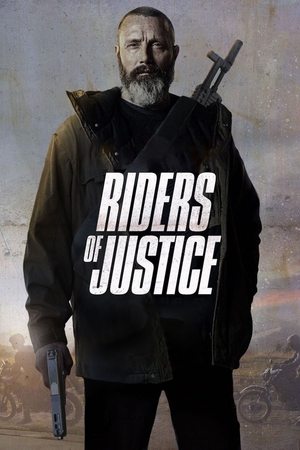
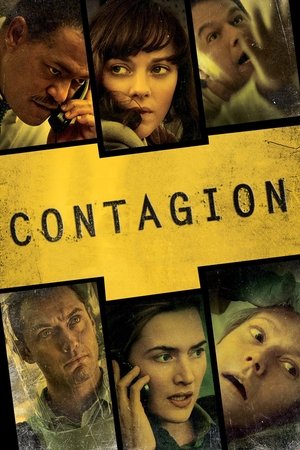
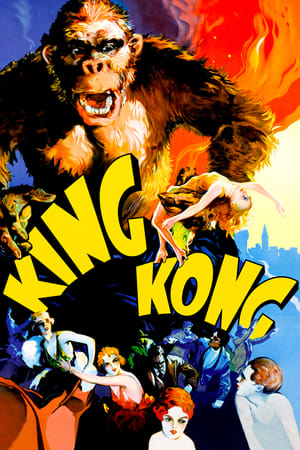
Friday 13 August 2021
permalinkVery interesting to watch as a fan of the Peter Jackson remake. Various thoughts:
- Surprisingly, the original contains more action scenes than the remake (even though those in the remake last longer, so it may have more in duration). Encounters between the boat crew and the first dinosaur, and the water monster are scenes which are only present in the extended version of the 2005 remake. To be frank I prefer the theatrical version from 2005 rather than the extended one, because I think those 2 scenes bring nothing to the story; at least now I know where they come from. The original movie really rushes those action scenes, one after another, like a Disneyland ride, whereas the remake intertwine action with character development, which makes for a slower rhythm, and therefore a smaller need for raw action.
- On one hand, I found the love story from the original between Ann and Jack to be more interesting, because she's isn't pre-disposed to woo him, and because of his tough-guy-not-falling-in-love style (which is consistent with the overall "Beauty and the Beast" theme). On the other hand, Ann is such a stronger and richer character in the remake, so I guess they had to find a more interesting plot than just her falling in love with the random sailor.
- The remake explicitly makes Carl Denham a bastard whereas he's a nice guy in the original (although a bit crazy). We could say that the character from the original is a more nuanced one, but maybe Peter Jackson was trying to tell us something about the brutality of the Hollywood industry.
- I burst out laughing in the scene where Kong look at the window of Ann's apartment, because this shit looks like straight out of a TikTok.
- There is one little detail in the remake which bothers me, which is that when Kong takes Ann for the first during her sacrifice by the natives, he grabs her entirely and pulls her body, breaking the ropes which tie her arms. It really looks like this would only break her arms if it was real. In the original, Kong is way more diligent, and carefully use his finger on a little device to untie the ropes manually; this is ridiculous. In the end I'm happy of the trade-off they made for the remake.
Overall this only enhance my admiration for the 2005 remake, which is faithful to the original but develops what needs to be developed (Ann, Kong, and their relationship), and of course with modern, vivid action.
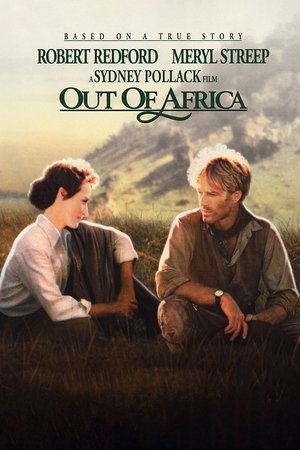
Monday 9 August 2021
permalinkRobert Redford's avoidant attachment style was the only interesting thing in this stay-on-your-couch safari for middle-aged housewives in lack of love and soft sensations. I also liked the lions.
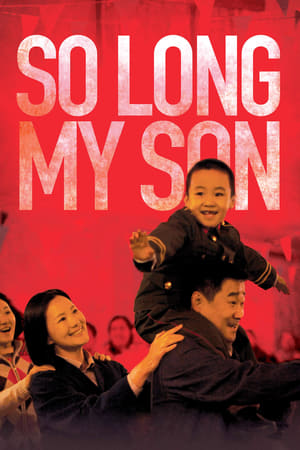
Sunday 1 August 2021
permalinkThe transitions between eras in the non-linear narration were really subtle and I felt that I needed to put the pieces of the puzzle together to understand what the hell was going on. Overall I liked the tenderness and delicacy of the narration. The only issue is that it's quite long (3h) and slow, and I wasn't absorbed 100% in it, so my focus had ups and downs. Fortunately the final act (when the parents return visiting their old city) is really poignant, especially because of all the plot points achieving a resolution, which ends the watching with a warm sense of contentment.
One interesting aspect of this movie is that it was validated by China's propaganda department (and even won awards from China), even through it doesn't exactly shed a favorable light to China's policies, most notably the one-child policy. One explanation I can imagine is that the movie focuses on the human impact of such policies rather than on the ideological side of things; those circumstances are seen as rules that shape the lives of individuals, which can be lamented, but which aren't really meant to be questioned, as rebellion against them will only bring more drama.
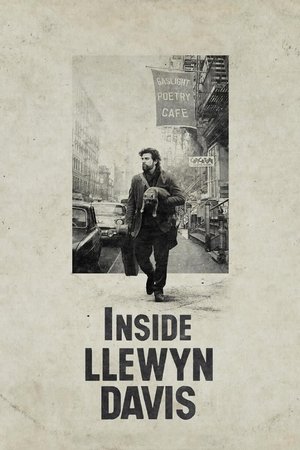
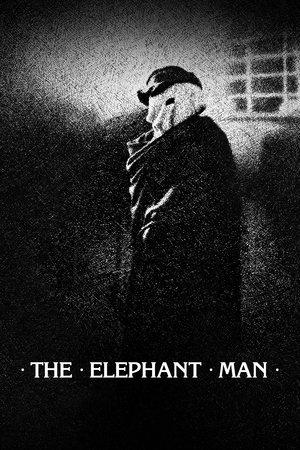
Sunday 25 July 2021
permalinkI liked the way to movie makes us empathize with M. Merrick. I liked the way the characters are communicating clearly and without mischief (especially between the doctor and the hospital governor). I didn't quite get the point the movie was trying to make, or if it was trying to make a point at all. I guess sometimes some stories are just meant to be told.
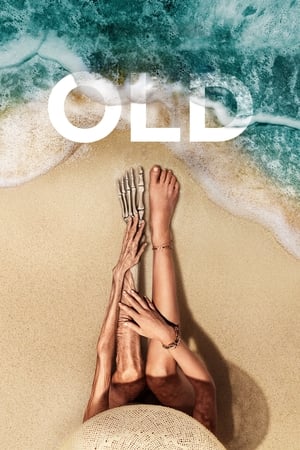
Saturday 24 July 2021 🍿
permalinkShyamalan could hire a screenwriter. Some of the dialogues are off, the way the sequence of scenes is laid out feels awkward, and character development is... well... rushed. The result is that it's never far off looking like a dud. I also feel like there is too much fatality in the concept: we're invited to watch how the whole thing unrolls, without thinking there is anything characters can do about it. So, what's the point? I liked the creepy scenes, because that's what Shyamalan is very good at.
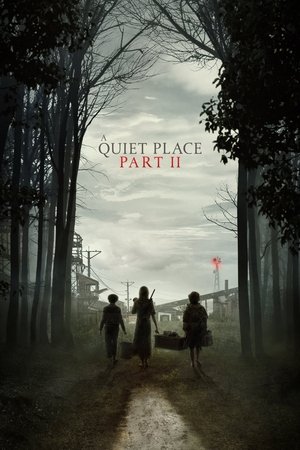
Friday 23 July 2021 🍿
permalinkA lot of questionable decisions and behaviors. Efficient scary shit nonetheless. Nice superposition of dramatic tension over multiple storylines. Great opening scene (although John Krasinski likes to watch himself a bit too much).

Sunday 18 July 2021
permalinkIt would be an A without this ending.
The movie puts us in a position where we know that Ellie actually went through a wormhole and met aliens (assuming reliable narration). Then the public has no proof of this fact, but she's urging them to believe her nonetheless. So this is a situation where 1. There is some truth. 2. There is no proof of this truth. 3. The only way to access this truth is through faith. This is a very religious and non-scientific message! Don't urge anyone to believe in some stuff you say if you have no proof! What happened to "make me a liar" when she discovers the first signal? I ain't even mad at her for this moment of weakness, because she's visibly emotionally overwhelmed, and the morale might as well be that scientists are bad at keeping their emotions in touch, but clearly this is just a "lol sometimes you need faith to be true" kind of morale. Imagine for a second the same ending, except we don't see the wormhole scene from her point of view, we just see the ball falling through the machine from the external point of view.
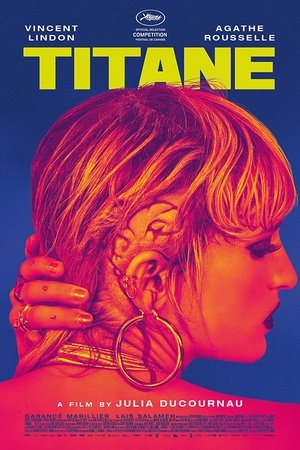
Saturday 17 July 2021 🍿
permalinkI went to a Saturday night screening, during the closing ceremony of the Cannes Festival, which I didn't even realize. When the movie was over and I was checking out my phone, I read that it had won the Palme d'Or. My reaction was one of surprise.
The first act has so much potential, and can go in so many directions. Out of all the possibilities, it chooses a very arbitrary and plain one. A firefighter station. Like, why. The movie becomes quite weak from then on, much because of the passivity of the main character who was first introduced to us as badass.
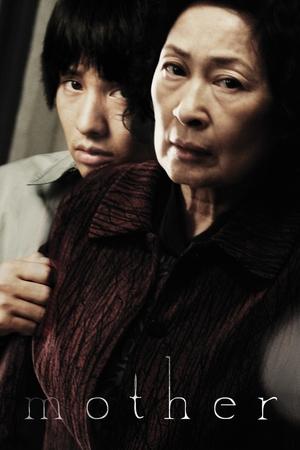
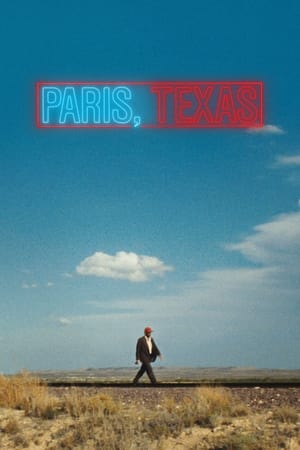
Monday 21 June 2021
permalink2h hours of hard patience, hoping that the movie will resolve its plot and not let us on the side (like many such movies do), and a final half-hour of pay-off with an incredible, sublime, touching scene. Not sure that it was worth it, but I ain't even mad.
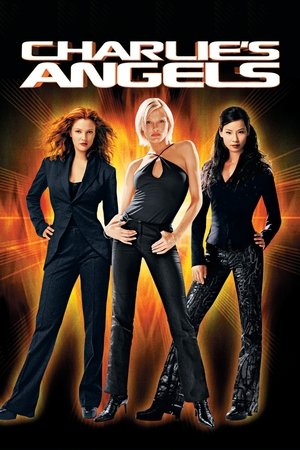
Sunday 20 June 2021
permalinkThis was one of my favorite movies when I was a child. I love the rythm from the first act, everything is so fast. The second half (starting when we see the ladies with their respective date) is less fast and I got a bit bored.
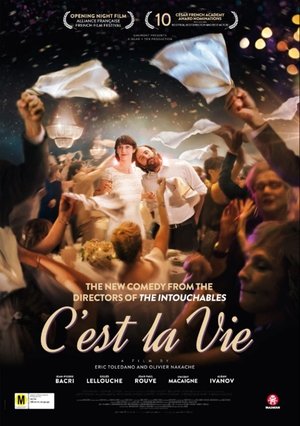
Sunday 13 June 2021
permalinkI spent the whole movie shaking with laughter. Jean-Pierre Bacri is an absolute unit of a comedian. This bought me joy and happiness.

Sunday 16 May 2021
permalinkAfter my third viewing I start to understand what people complain about when they say that the movie goes nowhere. Not that it isn't entertaining anyway, but the structure feels a bit off. There is one day of storytelling occupying the first 2 hours, followed by a night of storytelling happening months later. I would have preferred if the fateful night would have happened at the end of the day that is presented in the first 2 hours. Could have been "One day at Hollywood".
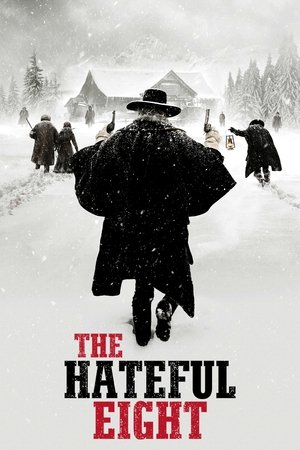
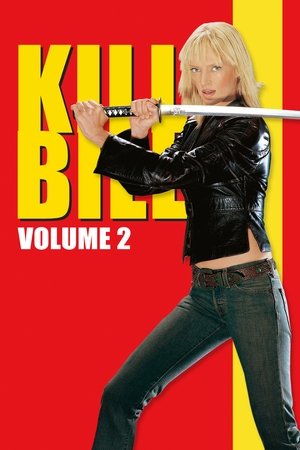
Monday 10 May 2021
permalinkInseparable from Kill Bill: Vol. 1. The 2 volumes were written as a single screenplay, shot in a single production, and are intended to be appreciated as a single movie.
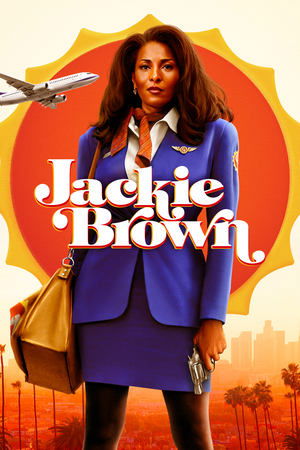

Friday 7 May 2021
permalinkTarantino is just pure joy. Like a child improvising a story "oh and then he ends up in a store where the manager tie and gag them" "oh and then...", but for some reason it's compelling and you can't stop being entertained. It's a demonstration that cinema can be elegant without having to be some sort of high level art, and yet it's surely not an easy thing to imitate. Truly a work of wonder.
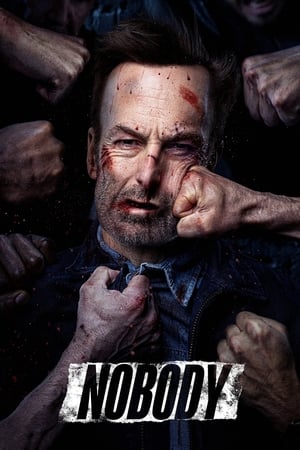
Saturday 24 April 2021
permalinkThe good thing about this movie is that although the main characters always leaves peace on the table as an option, he actually prefers if violence is chosen. This completely undermines the usual "oh no the good guy is in danger" emotion that you feel when bad guys attack the hero. It becomes "oh yes the good guy is in danger and he likes it". A feel-good movie in some sense?
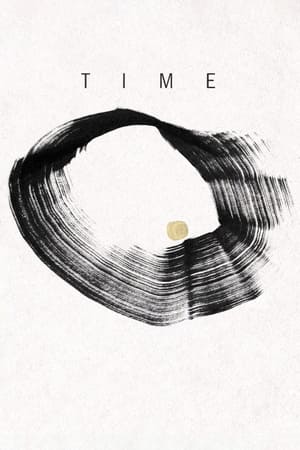
Saturday 17 April 2021
permalinkI'm impressed by the amount of work and dedication that it must take to raise six kids while trying to get your husband out of jail while building your career. However I admit that I have a bit of trouble with the general attitude of the narration towards the goal of reducing the sentence. Justice is not a transactional system between a some amount of crime and some amount of jail; crimes are not supposed to happen in a first place. The result is that even if your punishment is out of proportion for your acts (for unfair reasons), if you did fuck up, then you're in a difficult position to inquiry about reducing your sentence as if it should be obviously granted.
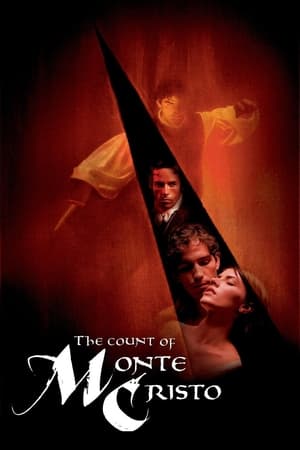
Friday 16 April 2021
permalinkI'm going the one boring guy who read the book and couldn't stand the movie as a result. I can understand simplifying events and removing some characters because they don't fit into an adaptation, but I don't accept altering character development and changing important parts of the spirit of the original story.
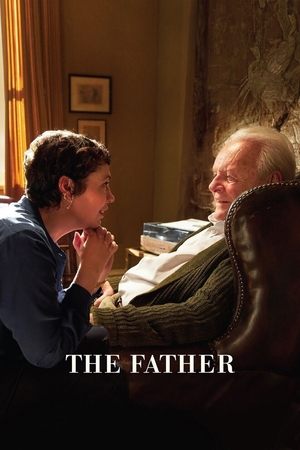
Friday 9 April 2021
permalinkThis movie is soul-crushing. I was hesitating to give it an A, because it's actually a difficult viewing, and definitely not a movie I will rewatch anytime soon, but its sheer empathetic force is simply on its own league. The editing is made in such a way that you get an idea of how dementia gets your mind confused, and how the resulting nonsense compounds until one gets completely lost. This concept makes the narrative disturbingly effective. The devastating acting from Anthony Hopkins eventually brought me to the tipping point of losing it in tears.
This one is gonna leave its mark on my mind for a while I think.
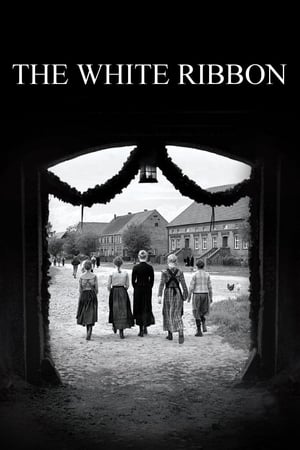
Tuesday 6 April 2021
permalinkSorry, too much Haneke for me. It's really consistent with the rest of the filmography, directing-wise, but it's just too long, and too much without a clear point. Just out of the bounds of my Haneke-compatibility area.
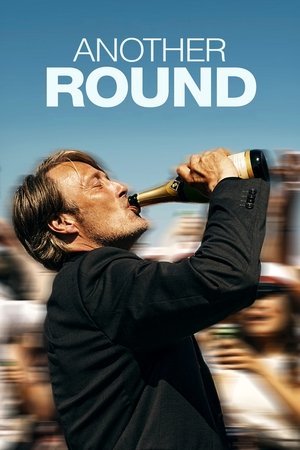
Sunday 4 April 2021
permalinkI find the base concept a bit stupid (do you really need to make a "study" to understand what will go wrong?), but I nonetheless appreciated the way to movie unrolls, as well as its morale (You can celebrate good things that happen in life with alcohol, but trying to make good things happen thanks to alcohol will definitely not work). More especially, I find the ending really sweet, as it shows how your own emotional response to a really good news can unleash way more energy than alcohol will ever be able to do. There might also be an interesting subtext in the story concerning the character of Tommy, who is the one who falls the most easily into full-on alcoholism, even though he didn't appear to be the most unstable of the bunch. The story focuses on Martin and his problems because we are seeing things from his point of view, but maybe Tommy was hiding a deeper depressive state about his own life, which simply went unnoticed.
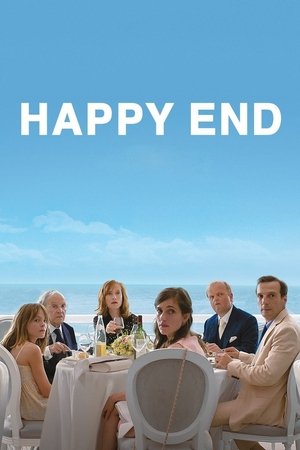
Sunday 14 March 2021
permalinkI completely love Michael Hanneke's style of directing based on mostly static shots ; it's so calm and discrete. I like the lack of proper exposition and the fact that you need to be attentive to all pieces of the puzzle to understand the whereabouts of each characters. I'm not sure I get everything the movie has to say about the themes it deals with (seems heavy), but this is not requirement to enjoy it.
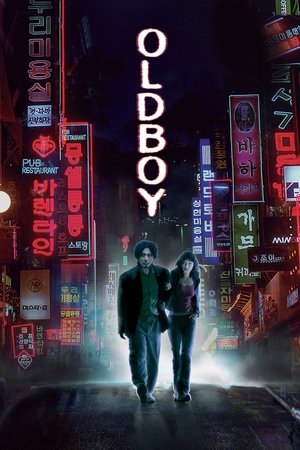
Monday 22 February 2021
permalinkI find it a bit easy to engineer a revelation out of such disturbing concepts, it gives the impression that the author needs to go to a great extent into the bizarre to make it work, by lack of cleverness to create surprise out of something more familiar. The problem is that even if you don't guess the story, the movie still informs you pretty clearly that some sort of conspiration is going on, which completely undermines the free will of the main character, such that you're basically looking at a mice lab trying to find the exit of a labyrinth, without much dramatic tension since the path has been determined from the beginning. A character who is presented at times completely badass and at times completely desperate, you don't really know what character development the movie is trying to go with. Add to that a frenetic editing which makes the whole thing look like a collection of video game cinematics, and this concludes the recipe for a movie I don't like.
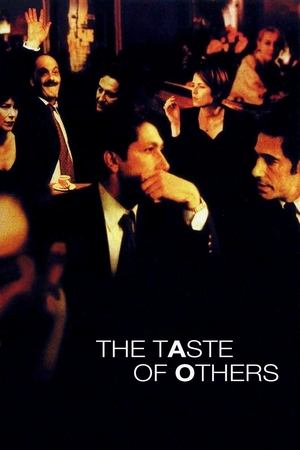
Wednesday 20 January 2021
permalinkLe film montre ses personnages dans des circonstances pathétiques, mais ne porte jamais de jugement sur eux, et au contraire suscite la tendresse. C'est une belle chose. Le développement du personnage de Castella est exceptionnel, porté par un Jean-Pierre Bacri excellent.
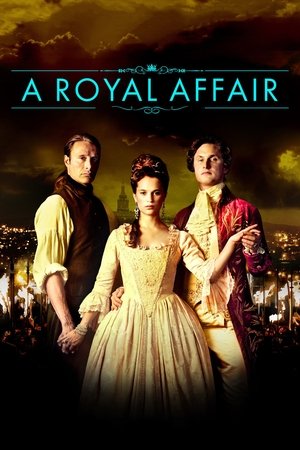
Saturday 9 January 2021
permalinkThis was interesting from a history standpoint, but it's all told in a rather bland way. I wasn't really attached to the characters and their fates left me rather stoic.
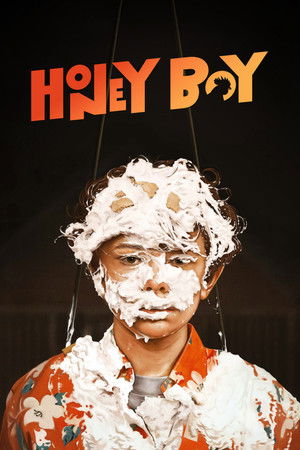
Monday 4 January 2021
permalinkDude writes a movie about himself and his father where he plays his own father and shows his young self being groomed by a lady whose actress he then dates in real life but she sues him for beating her, in ways that looks like how he described his father beating his mother. That's some next-level meta shit right there. Apart from that, he's a damn talented actor.
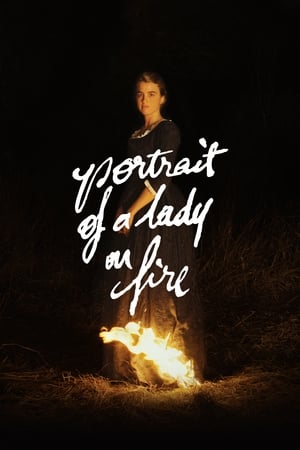
Sunday 3 January 2021
permalinkCette tension, cette délicatesse, cette hésitation puis cette flamboyance. Ce jeu de regards, ce vouvoiement même dans l'intiminé. Cette photographie sublime, où chaque plan est un tableau. Cette absence de musique si ce n'est pendant ce plan final absolument frappant. Me voilà prohibé de médire le cinéma français, car on a là une sacrée démonstration de ce dont il est capable. Je suis tout renversé.
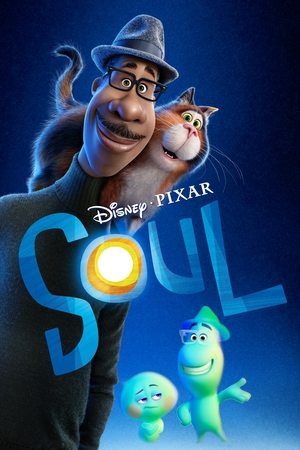
Wednesday 30 December 2020
permalinkOpium for the underprivileged
⚠ spoilers
The movie threw me off-guard when it switched from the New York City narrative to the Philosophical-landscape-with-weird-characters narrative. I was just getting comfy and ready for a nice story about some jazz, but instead I was catapulted into some philosophical discourse about life and death, with a catalog of cute visuals to represent various ideas, just as in Inside Out and its brain tour (which already bored me at the time).
The storytelling isn't particularly convincing, because instead of trying to tell a compelling story, the movie tries to build a compelling moral. From there I understood that appreciating the movie would be complex, as when a story explores existential concepts in such a didactic way, whether you like it or not depends a lot on whether you adhere to its philosophical stance or not. I do not.
For me, the key moment of the movie is when Joe has finished his first gig as a pianist of a jazz band, and is underwhelmed about it, in spite of having hoped for this moment for so long. He expected to be moved into some next-level dimension of life, and is disappointed to realize that he's still just a earthling in a world that is still material in a time where days are still made of 24 hours. My reaction was that he is such a spoiled ungrateful little brat. He must have trained for thousands of hours to acquire the skills he has at the piano, he must have networked to be able to grab this opportunity, and he had the luck of being able to play at the last moment in spite of his weird behavior in the afternoon. So many things had to come alright for this moment to happen, and yet he is underwhelmed because he expected more. Damn, boy!
I thought this was a weird choice of behavior to showcase, because I think most people are wiser than Joe and aren't underwhelmed like that about their successes, so I didn't quite know where the movie was going, and so far the morale looked very simple: be grateful about your achievements. But to my surprise, the movie went to another direction: be grateful about the banality of life. The singer he has performed with tells him the parable of a fish who wants to go to ocean because he is disappointed to "only be in water" (the point being: the ocean is nothing more than water). How ironic that such a parable comes from the creators of Finding Nemo about a father fish over-protecting his child fish from the ocean, but who eventually has the adventure of its lifetime by exploring the ocean.
Then unrolls a montage of Joe's life with beautiful images of New York City and trees and sunsets and pie eating and whatnots. How beautiful life actually is! Yeah, now try replacing sunsets with grayness, NYC with sovietic-era buildings, pie eating with a slice of stale bread, and let's see how that works. It doesn't, and yet those circumstance are experienced by various people around the world, who arguably shouldn't be excluded from the philosophical discourse about life. How to avoid such fatality? Well, simply by putting the emphasis on improvement rather than on state. No matter your situation in life regarding money or health or simply fulfillment, there is always hope for better, by trying to progress, and by being grateful about each little victory on the way. There is no guaranty that state will look good, but improvement always looks good.
That's not what the movie is about. According to the movie, improvement is overrated, because there is no higher plane of existence. State is underrated, because life is already beautiful in what it has to offer right now. So we never get to see Joe being grateful about his gig, but we get to see him having his mind blown by a leaf falling off a tree. I guess it's true to some degree (one must not fall into the extremes of self-improvement motivational madness), but I don't see how this can be a philosophy in and of itself. It seems to me that this philosophy only works for those who have it easy, for whom motivation and success are so natural they have become bored by it, and they need to fall back to liking trees. For the rest of us mere mortals who are thriving for betterment, enjoying the moment is simply a good medicine against stress and anxiety, but there is always the possibility for life to be a triumph. And may it only be a delusion, please let us believe.
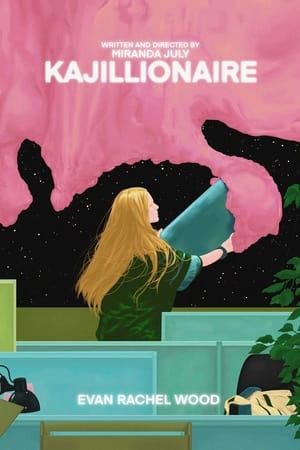
Tuesday 29 December 2020
permalinkMe reading "Evan Rachel Wood" at the end credits: "wait what". I enjoyed the movie with all its weirdness, but especially with empathy for the main character. Also Richard Jenkins is just naturally hilarious.
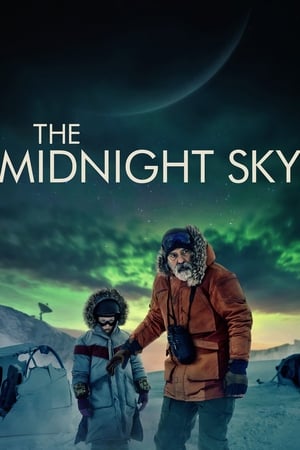
Tuesday 29 December 2020
permalinkI really dig the solitary-scientist-on-an-Arctic-base vibe, especially when it's overlayed with the solitary-scientists-on-a-spaceship vibe, but unfortunately the movie doesn't make much of it and it ends up vibing flat.
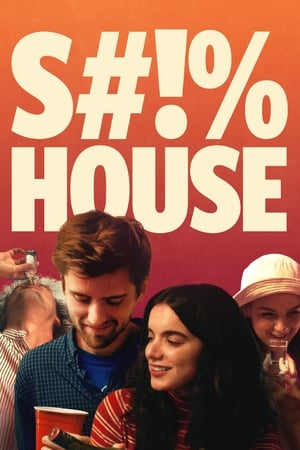
Monday 28 December 2020
permalinkThe photography is sometimes amateur-ish which makes some scenes almost look like a collection of tik toks, but one can get used to it. The movie really excels thanks to the alchemy between the two leads and their long discussions, which are reminiscent of the Before trilogy. I never saw a coming-of-age themed movie dealing with the subject at such an existential level. Many other such movies tend to be more focused on new experiences (with funny gags and whatnots), quirky personalities, and random college drama, but the characters are usually solid. Shithouse features fragile characters, for whom even anything quickly moves into the existential range, and they become heroes of they own story by simply dealing with it. Really sweet movie overall. Solid directorial debut for director-writer-actor Cooper Raiff.
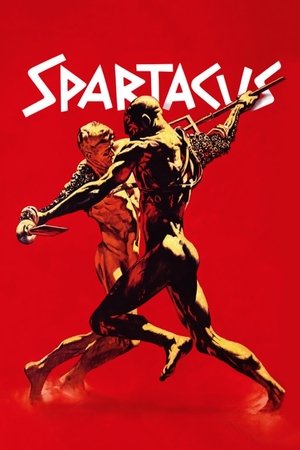
Monday 21 December 2020
permalinkI liked every shot with people moving around in a landscape; very impressive. I also liked every scene with Peter Ustinov because he's a good actor with good lines. I found everything else utterly boring.
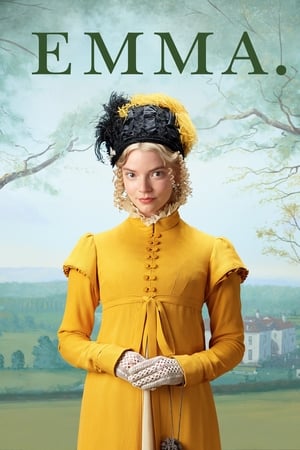
Saturday 12 December 2020
permalinkI like stories which provoke empathy for flawed characters, and this movie excels at it. Christopher Blauvelt is one cinematographer to keep an eye on because the cinematography in this is LIT.
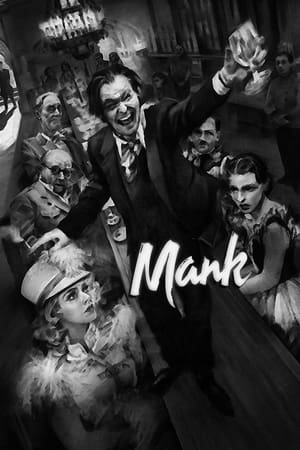
Saturday 5 December 2020
permalinkI don't know how much of my misunderstanding comes from me having trouble to focus during the movie or just the movie being hard to follow, but there is much of it I didn't get. Are we supposed to be Hollywood scholars and know about all those characters in advance? I feel like those people complaining about not understanding the references in Once upon a time in Hollywood, except with this one you actually need the references to understand what the hell is going on. Just one of those movies which completely went over my head. Who knows, maybe it's good.
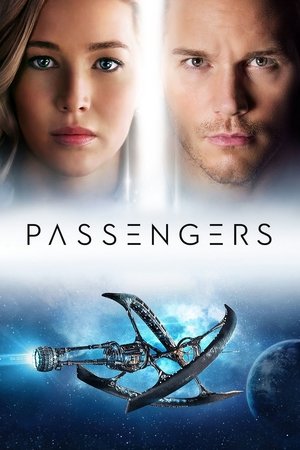
Monday 30 November 2020
permalink— We have no secrets! — Is that so? — You heard the lady.
Those three lines are the most accurate demonstration of the danger of AI I've ever heard in a movie. Elegant story structure as well. The pace could just have been a little bit faster, although I get the idea that it's supposed to be long.
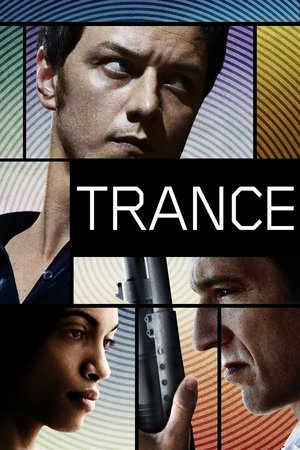
Friday 27 November 2020
permalinkIt's one of those psychological thriller where there are lots of stuff you don't understand and you wait for all the moving pieces to fall in place together. Of course it's only worth it if the final picture of the puzzle is satisfying, and in this case I was underwhelmed by the resolution.
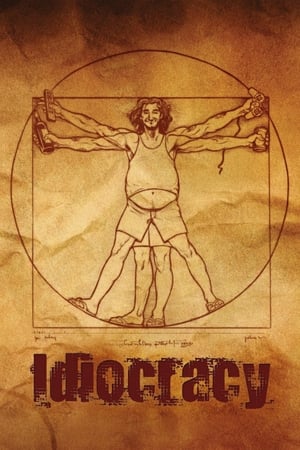
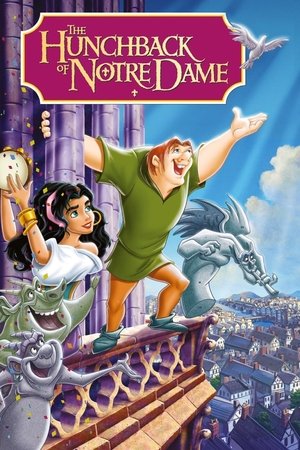
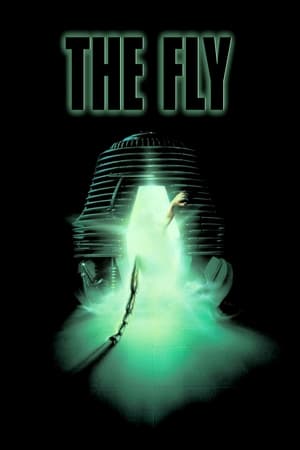
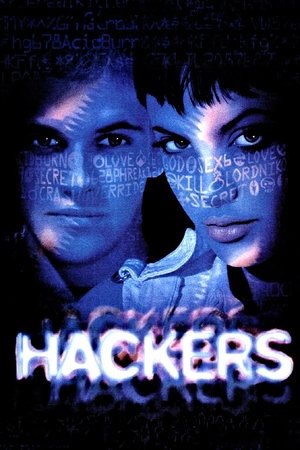
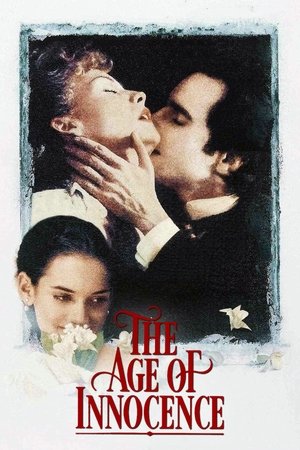
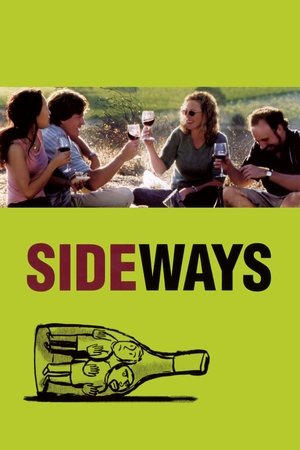
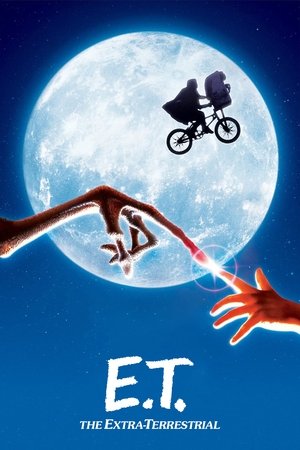
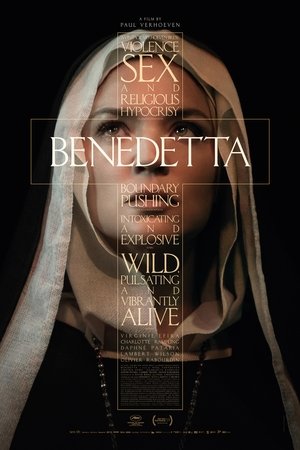
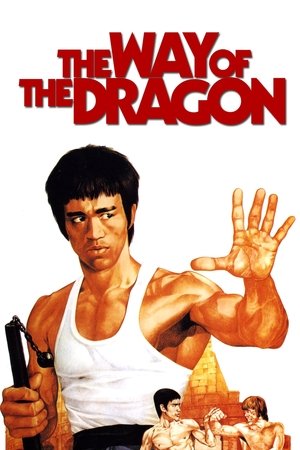
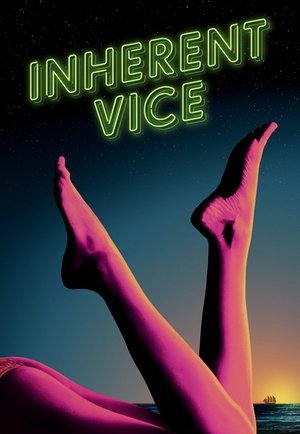
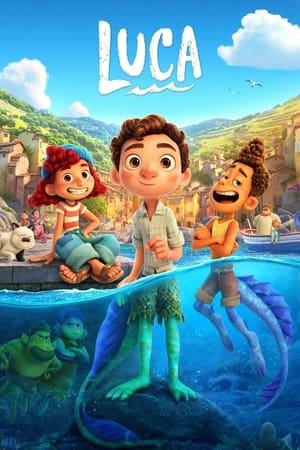
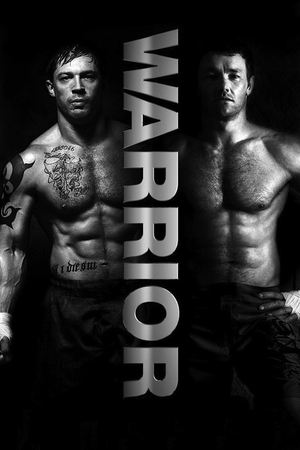
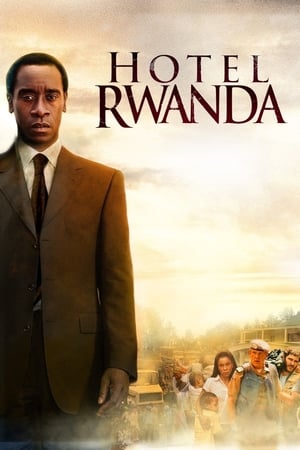
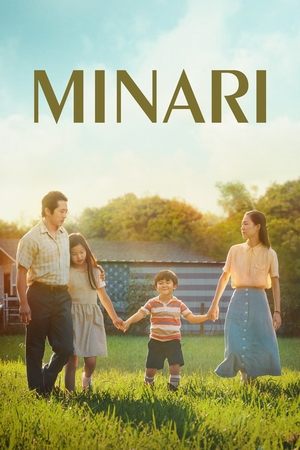
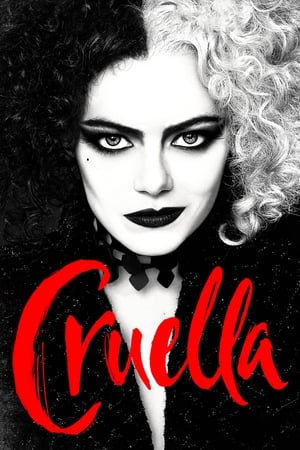
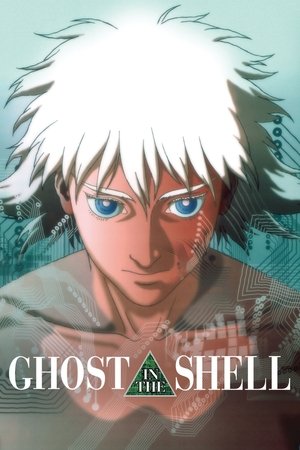
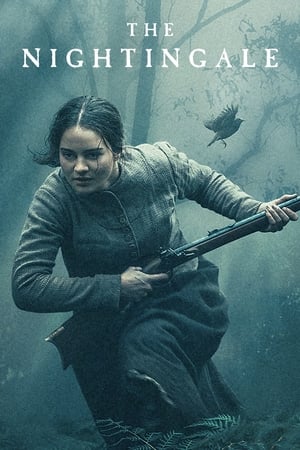
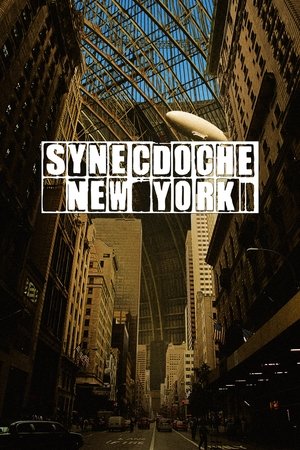
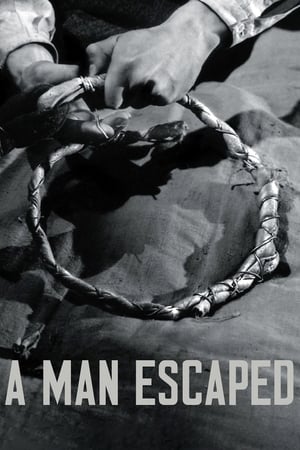
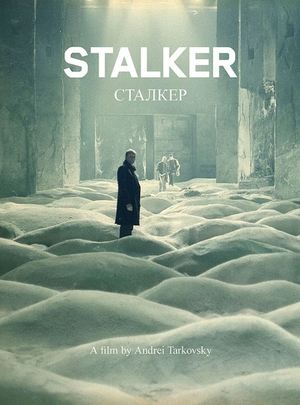
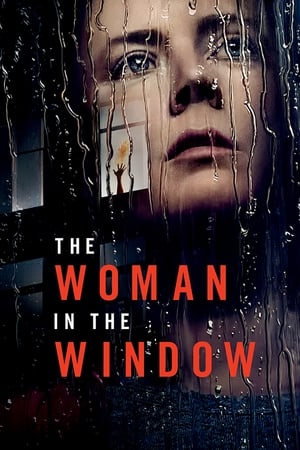
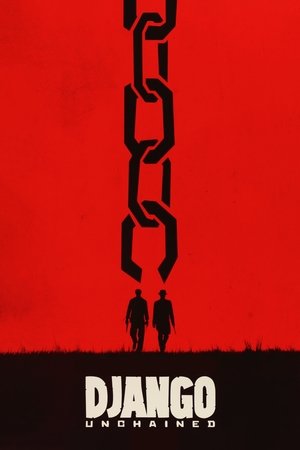
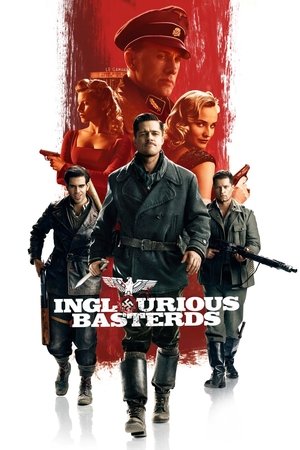
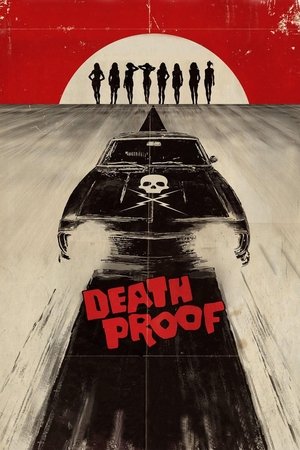
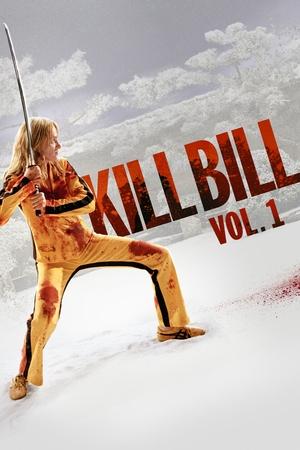
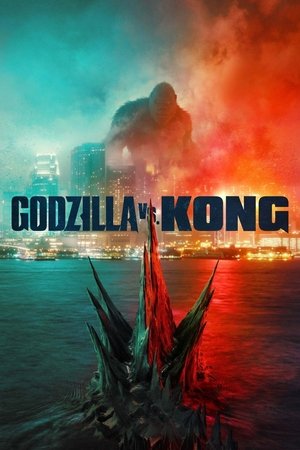
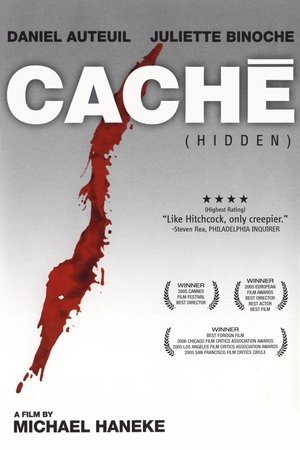
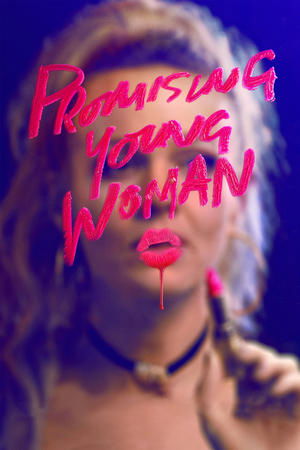

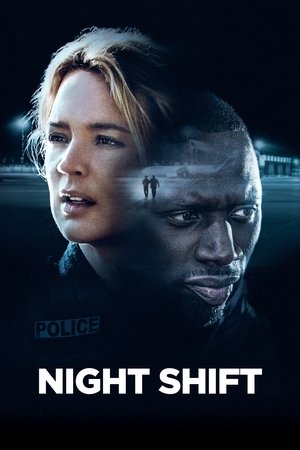
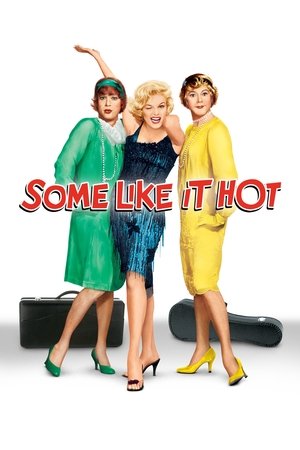
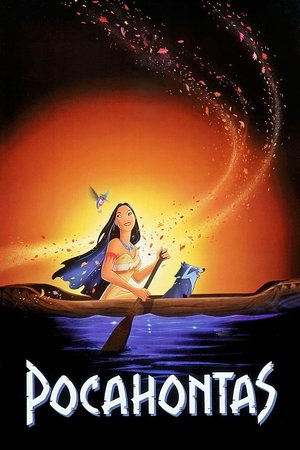
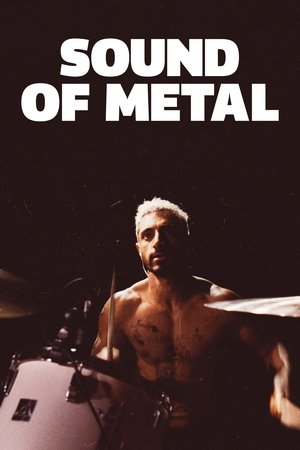

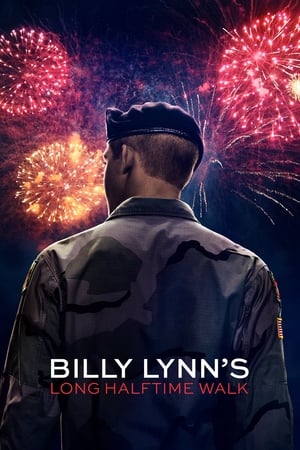
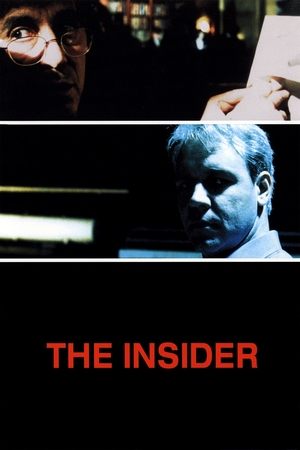
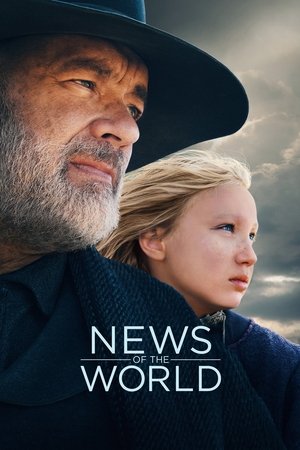
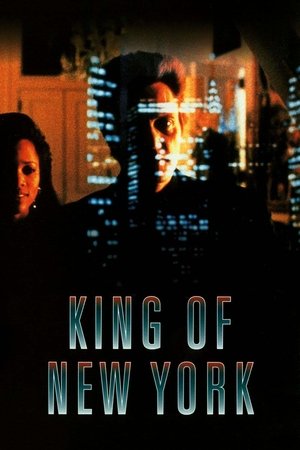
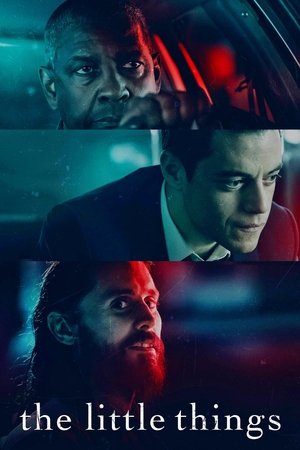
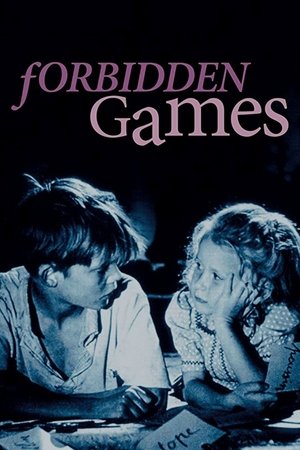
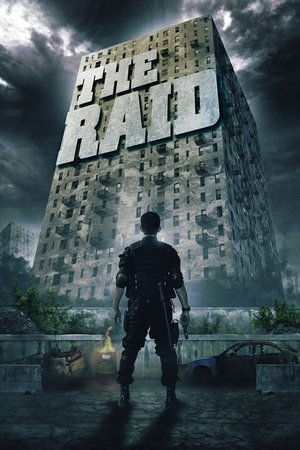

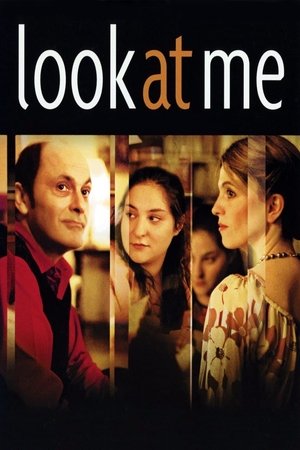
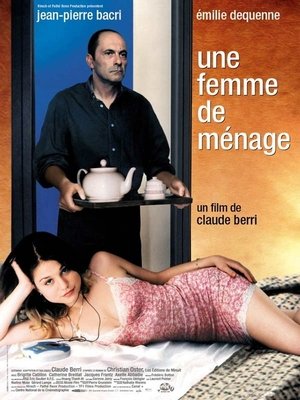
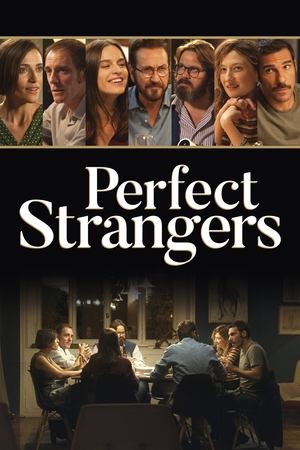
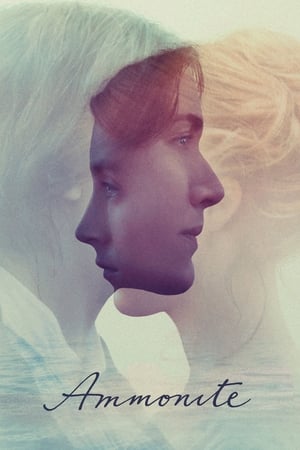
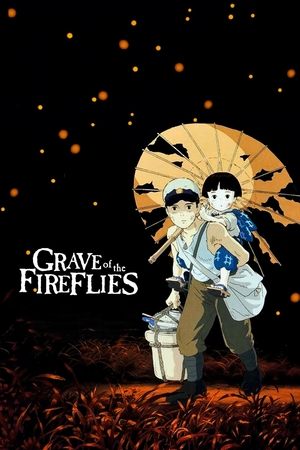
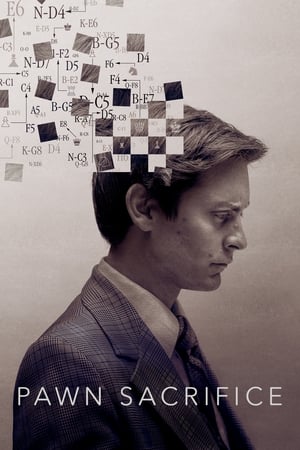
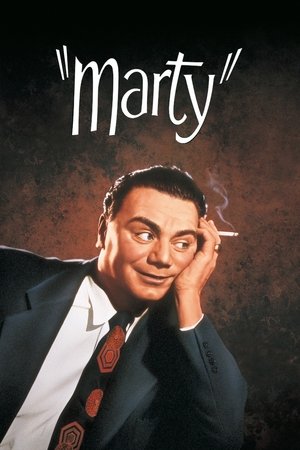
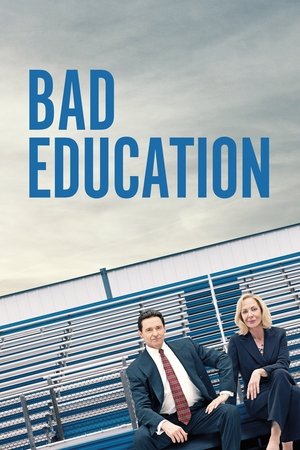
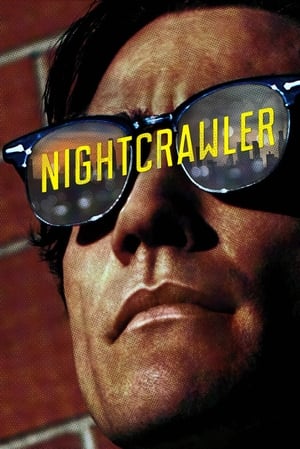
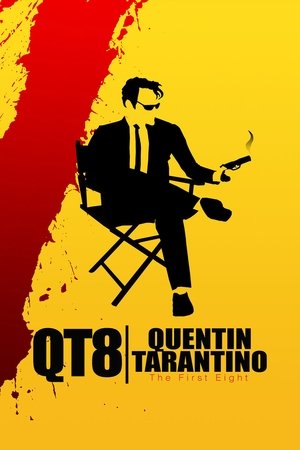
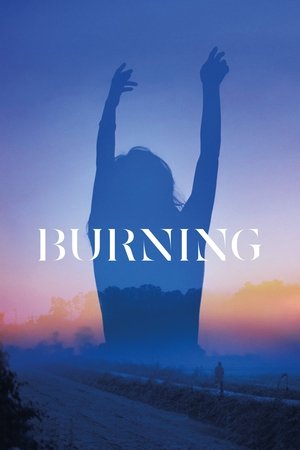
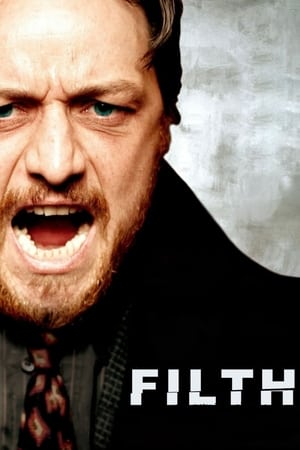
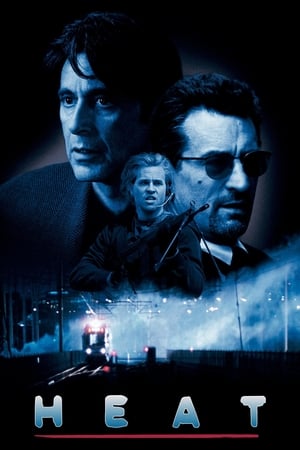
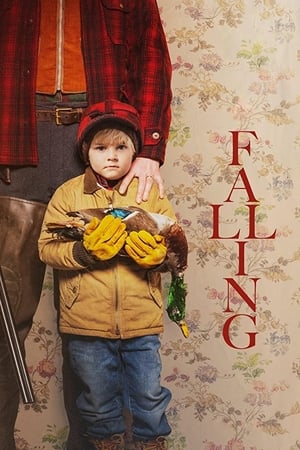
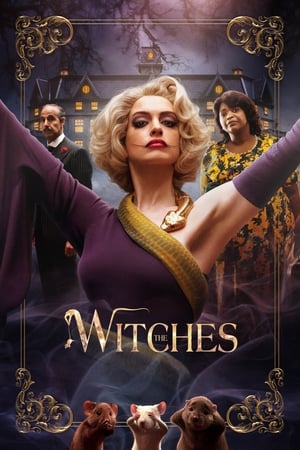

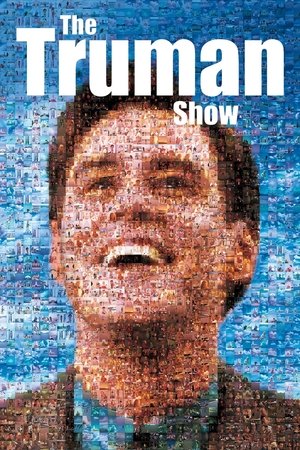
Friday 27 August 2021
permalinkQuite the balancing act between drama, comedy, and thriller. It's actually rather well done. Mads Mikkelsen as an intense badass will always be a pleasure to watch.